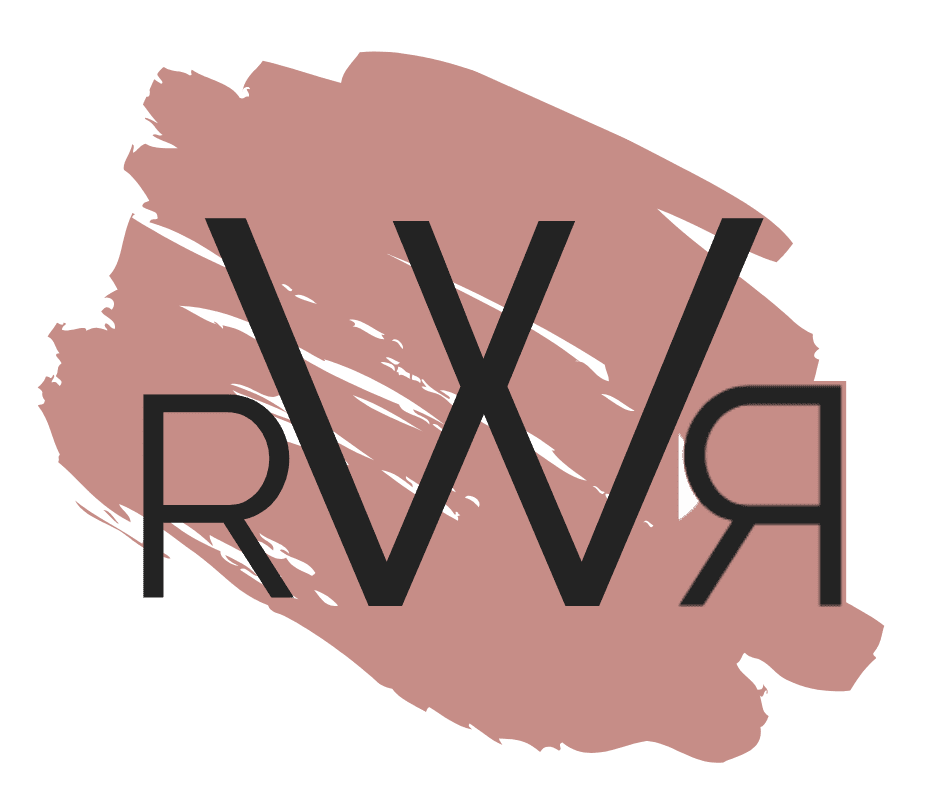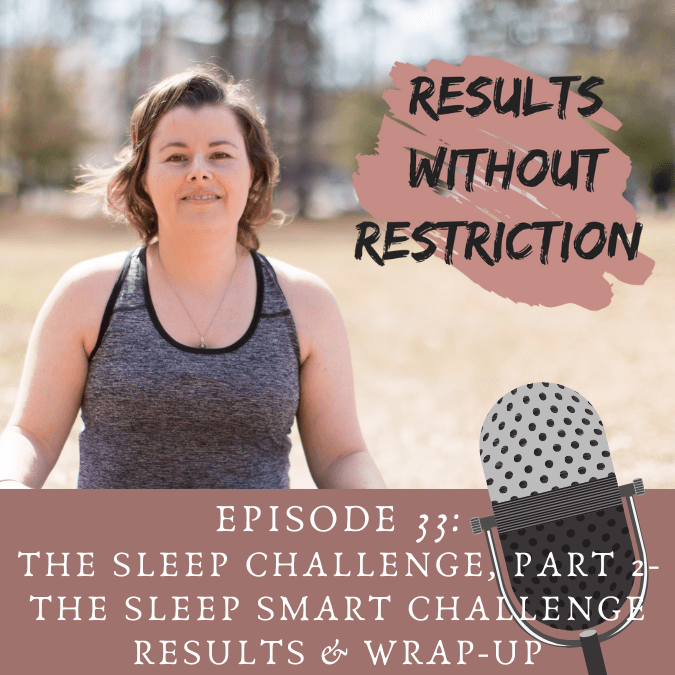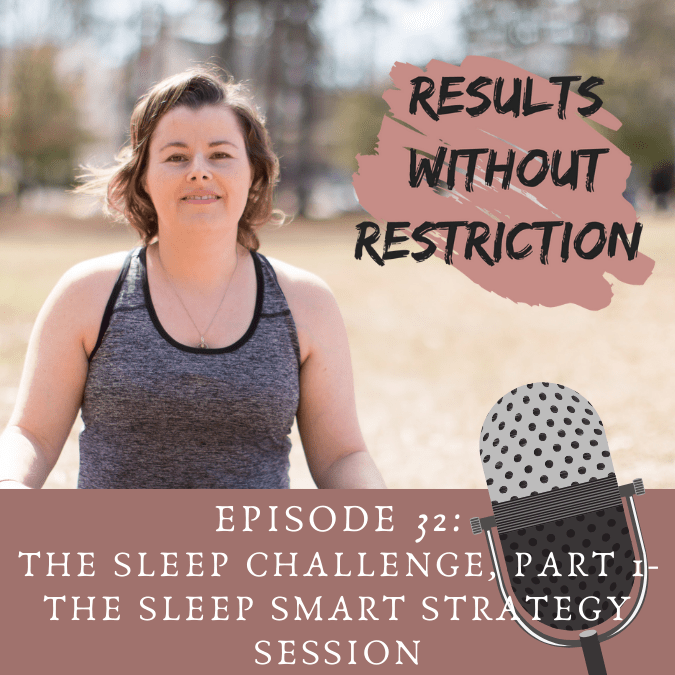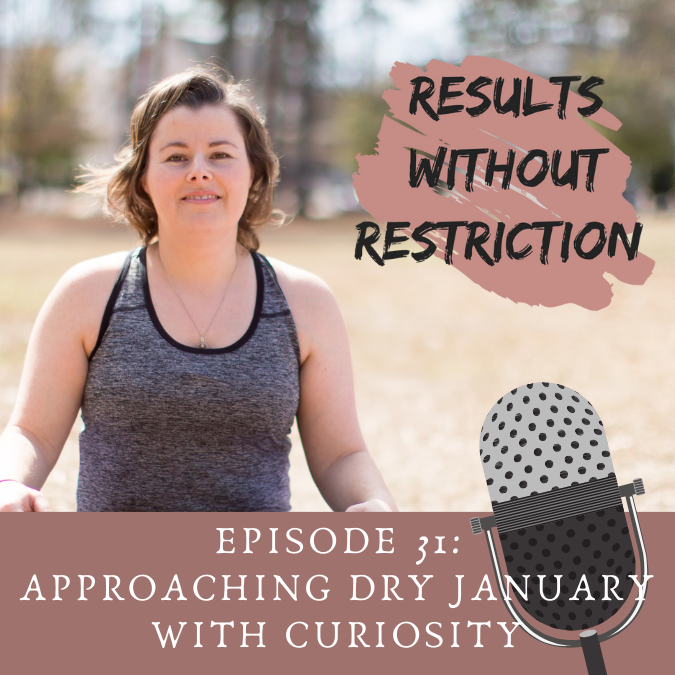Not everyone should be taking digestive enzyme supplements; and not all of them are created equal.
As a health coach, I find that many people with digestive issues want to jump straight into using a supplement. I would rather try other strategies first. Not to mention, that some supplements can be harmful if used inappropriately.
So, let’s dive into a few of the common digestive enzymes, what they do, and who should NOT take them.
What are digestive enzymes?
Technically, “enzymes” are compounds that help critical biochemical reactions to happen in your body. These reactions can be anything, from making neurotransmitters like serotonin, to burning food for energy, to breaking down food we eat into smaller pieces that our guts can absorb.
Oh, and they all end with “ase”.
As I just hinted, “digestive enzymes” are specifically those enzymes we use for digestion. They’re enzymes that our digestive system naturally makes and secretes when we eat.
Now, all of the “macronutrients” we eat (carbs, protein & fat) need to be broken down into their individual (smaller) parts so that we can properly absorb and digest them. They’re just too big otherwise, and if we don’t absorb them properly, we can get symptoms of fatigue, malnutrition, digestive distress, or a host of other symptoms.
It is these individual (smaller) parts that our body amazingly rearranges and uses to create other larger molecules that our body needs.
The most common digestive enzymes you’ll see on product labels are:
● Amylase – Helps to break down starch into its sugars.
● alpha-Galactosidase – Helps to break down specific “fermentable carbohydrates” into its sugars.
● Lactase – Helps to break down lactose into its sugars.
● Protease – Helps to break down protein into its amino acids.
● Bromelain and/or Papain – Help to break down protein into its amino acids.
● Lipase – Helps to break down fats into its lipids.
Who should consider taking digestive enzymes?
I would always recommend that you see a qualified health care practitioner for an expert opinion on whether your issues can be related to digestion, and which, if any, supplements can help you.
In general, the most common digestive symptoms that enzymes *may* help with are bloating, cramping, and/or diarrhea. Particularly if it happens after eating certain foods (think lactose-intolerance symptoms after eating dairy).
One reason for these symptoms can be that food particles are not broken down properly, and the larger pieces travel further down the digestive tract to the microbiota where those little critters start breaking them down themselves. And this is definitely troublesome for certain people.
Don’t get me wrong, a healthy gut microbiota is absolutely essential for good health. And more and more research is showing just how it can affect not only our digestion, but also our immune system, and even our mood.
What you need to know about medical conditions
Of course, you should read the label of any products you take, and take them as directed, especially if they’re not specifically recommended for you by your health care practitioner who knows your history.
Here are two critical things to be aware of:
-
Digestive enzymes that break down carbohydrates into sugars are not recommended for diabetics, or pregnant/breastfeeding women.
This is because taking them breaks down more carbohydrates into sugars than your body normally would; so, anyone at risk of blood sugar issues should take caution. -
When it comes to enzymes that break down proteins into amino acids, there are a few people who should avoid them because of potential interactions. That is if you have an ulcer, or are taking blood-thinners or anti-inflammatories, or if you’re having surgery.
The reason is because the digestive enzymes that break down protein are thought to cause or worsen ulcers, as well as have the ability to “thin” the blood and prevent normal clotting.
Possible Side effects
Using digestive enzyme supplements for a prolonged period of time may well justify an appointment with a knowledgeable practitioner. There may be strategies other than daily supplementation that can serve you better.
-
If you find that your symptoms get worse, or even if they don’t get better, stop using them.
-
Allergies are always a possiblity, so if you know or suspect you’re allergic, then you should avoid them.
-
And, as always, keep supplements away from children.
Before considering a digestive enzyme supplement:
You shouldn’t just jump to supplementing with digestive enzymes without a proper diagnosis, or trying a few strategies first.
My first recommendation for digestive distress would be to relax more, eat slower, and chew more thoroughly. This helps to break down food and can put less stress on your digestive tract.
The second step would be to try eliminating certain troublesome foods from your diet (dairy & gluten, for example) and see if that helps.
TL;DR –
While many supplements are safe products, they’re not all for everyone.
I recommend that you:
● Read your labels carefully (who should take them, how to take them, when to stop taking them).
● If you have a medical condition or are taking medications speak with your doctor or pharmacist.
● If you want expert advice on whether a specific supplement is for you, speak with a qualified health care practitioner.
See my recipe for a digestion-promoting tropical smoothie!
References:
-
http://webprod.hc-sc.gc.ca/nhpid-bdipsn/monoReq.do?id=514&lang=en
-
http://webprod.hc-sc.gc.ca/nhpid-bdipsn/monoReq.do?id=516&lang=eng
-
http://webprod.hc-sc.gc.ca/nhpid-bdipsn/monoReq.do?id=196&lang=eng
-
http://webprod.hc-sc.gc.ca/nhpid-bdipsn/monoReq.do?id=508&lang=eng
-
http://webprod.hc-sc.gc.ca/nhpid-bdipsn/monoReq.do?id=515&lang=eng
-
Natural Medicines Database, Bromelain, Papain, Retrieved January 21, 2017 from https://naturalmedicines.therapeuticresearch.com
Pssst… Want my printable healthy recipe book?
It’s all yours. You’ll find it in my free resource library… get access here:
Disclaimer: I am not a medical doctor or Registered Dietitian. The information presented is purely to share my experience and for entertainment purposes. As always, check with a doctor before making any fitness or nutrition changes. The author and blog disclaim liability for any damage, mishap, or injury that may occur from engaging in any activities or ideas from this site.




